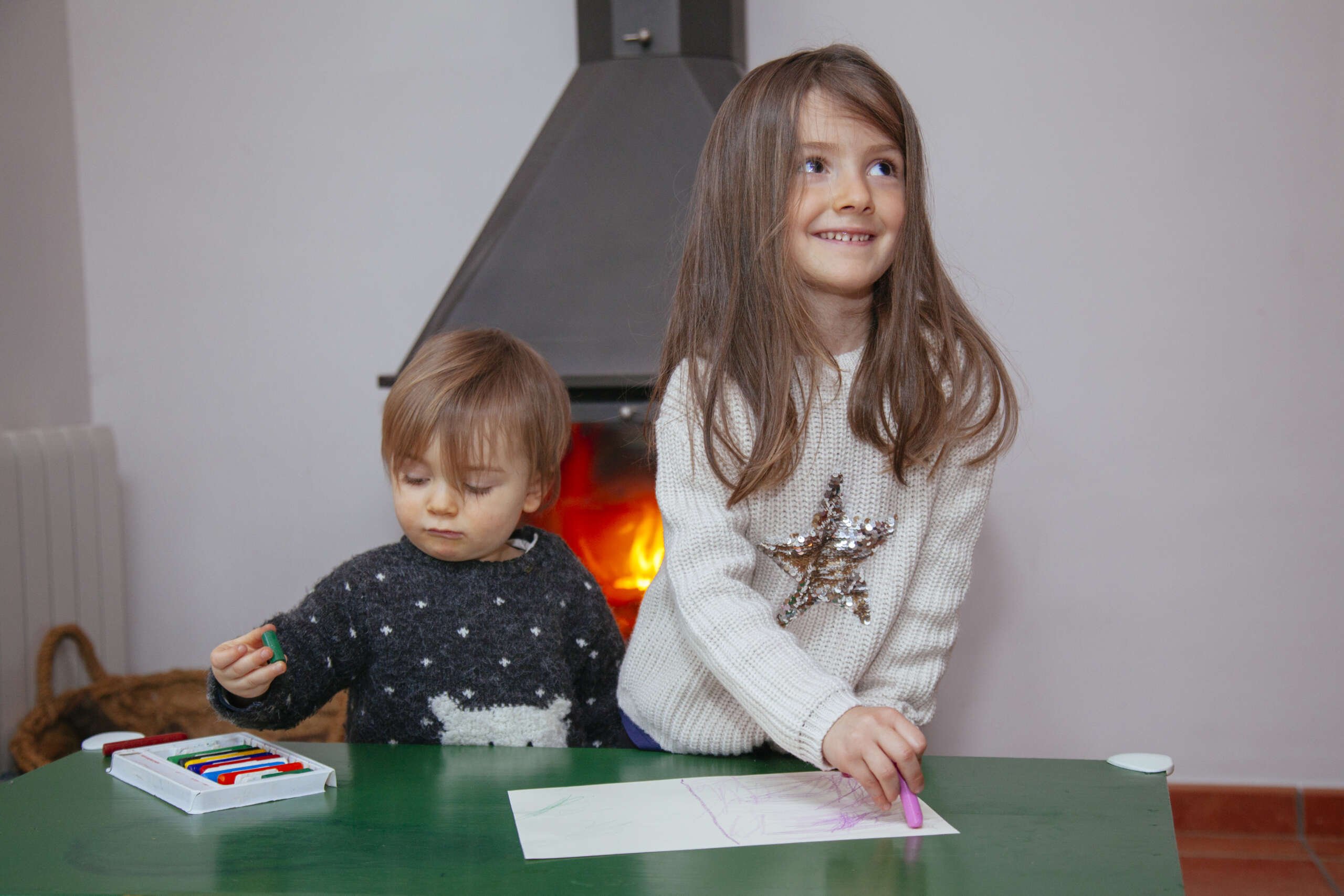From the first smile to the last day of high school, every child development stage brings its own joys and challenges. Understanding these stages and knowing how to support your child’s growth can make the parenting journey more rewarding and effective.
The Early Years (0-3)
Newborn Milestones
The first year is filled with rapid development. Focus on:
- Creating secure attachments through responsive care
- Supporting physical development through tummy time and safe exploration
- Engaging in face-to-face interactions for social-emotional development
Toddler Activities
As your child enters the toddler years, emphasize:
- Language development through reading and conversation
- Physical skills through age-appropriate play
- Social skills through guided peer interactions

The Preschool Years (3-5)
This period is crucial for developing:
- Fine motor skills through art and crafting
- Pre-reading skills through storytelling and letter recognition
- Social skills through structured play and sharing
School-Age Development (6-12)
Focus on:
- Academic support while maintaining joy in learning
- Physical activity and sports
- Social skills and friendship building
- Creative expression and hobbies
Supporting Growth at Every Stage
Educational Activities
Incorporate Montessori parenting principles by:
- Creating prepared environments
- Following the child’s interests
- Encouraging independence
- Supporting natural curiosity
Emotional Development
Foster emotional intelligence through:
- Open communication
- Validation of feelings
- Teaching coping strategies
- Modeling emotional regulation
Creating a Supportive Environment
Remember that every child develops at their own pace. Focus on:
- Celebrating individual progress
- Maintaining realistic expectations
- Providing consistent support and encouragement
- Adapting parenting styles to meet changing needs
By understanding and supporting each developmental stage, you can help your child build a strong foundation for future success while maintaining a positive and nurturing parent-child relationship.


